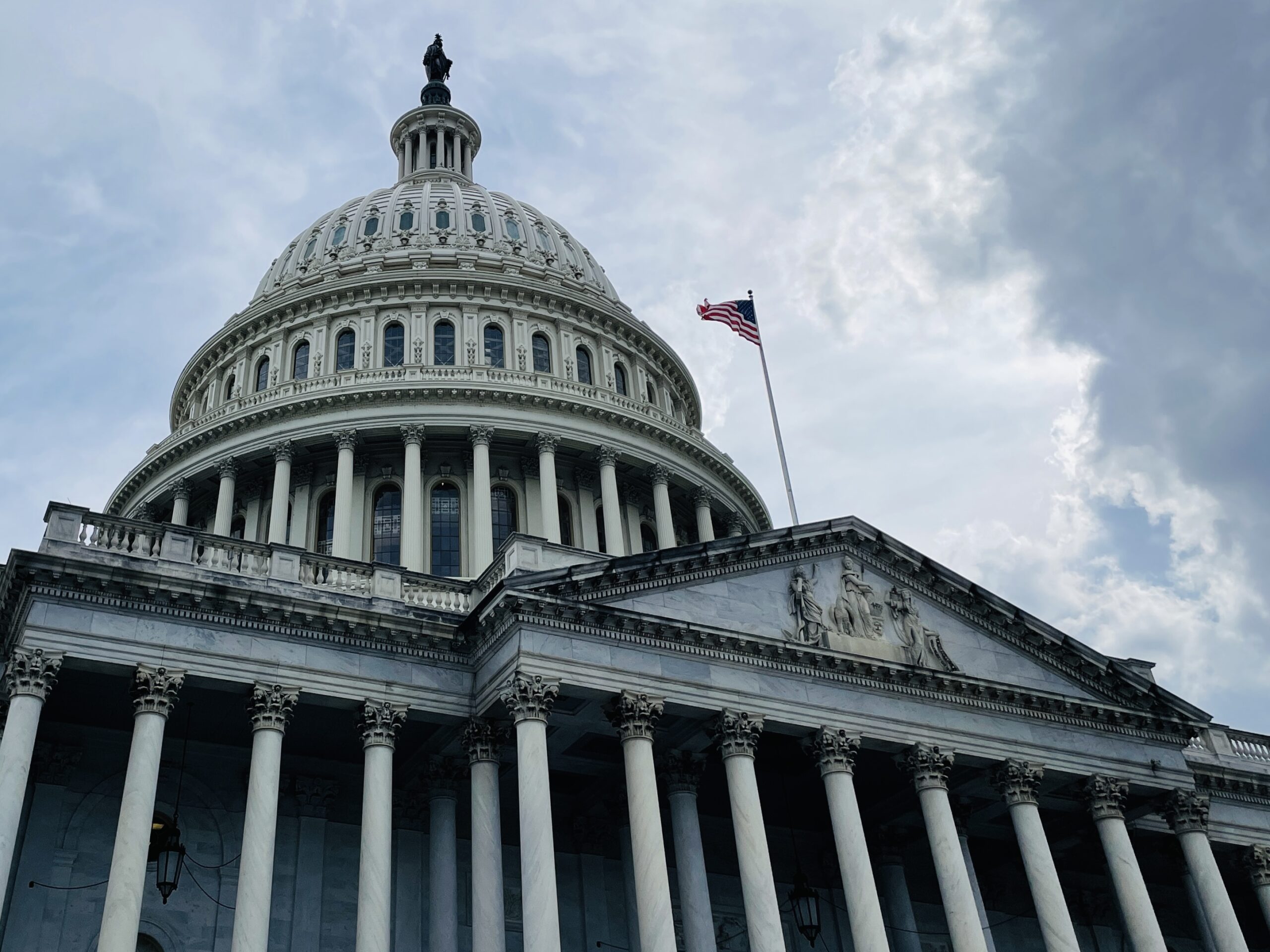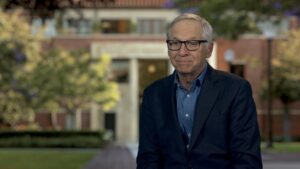Hospitals don’t hand over surgeries to people who don’t hold medical degrees.
But voters readily hand over control of the U.S. Senate to people who have never held an elected office. And research shows that those with less experience are less effective and more extreme.
That’s according to an unpublished study presented at a recent PIPE Collaborative gathering hosted by Jeffery A. Jenkins, Provost Professor of Public Policy, Political Science, and Law at the USC Price School of Public Policy.
Whereas about 85% of Senate general election winners had prior elected experience in the 2000’s, less than 55% did across the 2020 and 2022 elections, according to the study, Amateurs in the Senate Folkways? The Decline of Candidate Experience in U.S. Senate Elections, 1980-2022.
The trend, which has wide-ranging consequences for how the country is governed, has been underway since 1980 but accelerated as of about 2010. And it’s affecting both parties equally.
“Given that amateur candidates have lower legislative effectiveness (Volden & Wiseman, 2018) and are more ideologically extreme (Carson & Williamson, 2018) … these changes provide a potential explanation for the observation that the Senate … has substantially become more polarized (Algara & Johnson, 2022),” according to the paper.

Master of Public Policy
Advocate & Innovate for a More Just World
Effective public policy has the power to disentangle increasingly complex global and domestic challenges. With an MPP from USC, you will have that power too.
Find Out MoreBut prior legislative experience is no guarantee that a senator will be effective. “There are a lot of experienced senators who are very bad policymakers,” noted USC Price Professor David Brady, who attended the meeting.
The paper was written by a team of political scientists from Occidental College, Claremont Graduate University, and the University of Amsterdam. As with all meetings convened by the PIPE Collaborative, this one included feedback from USC Price School faculty and students to improve the paper and provide suggestions for follow-on studies.

“I think it’s a very promising research agenda,” Jenkins said, referring to the paper. “Looking at the composition of Senate candidates over time helps us understand how the nature of representation may be changing — and how our definitions of ‘professionals’ and ‘amateurs’ may be sensitive to the contemporaneous political context.”
So why the increase in inexperienced candidates? It boils down to partisanship.
In those states with deepened shades of red or blue, elites and interest groups from the minority party are less likely to spend the time and money on primaries that their candidate is likely to lose.
“Prior elected experience matters less in primary elections – and even general elections — than in the past, especially in states where the party has little chance of winning the general election,” said Isaac Hale, Assistant Professor of Politics, from Occidental College, who led the meeting’s presentation. “Given that primaries are increasingly the decisive election stage under increased polarization, this shift will eventually make the Senate a more partisan and less productive chamber.”






